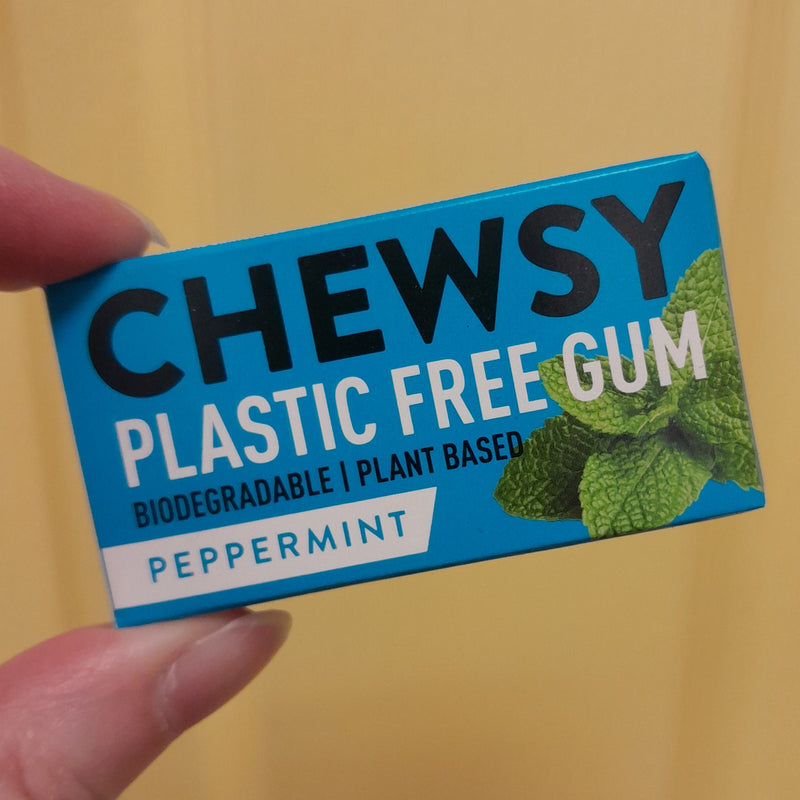Why is your gift shop plant-based?
Great question, I'm so glad you asked.
I've been vegan for a while now so my head and heart have often conflicted when it came to the shop. Thankfully, most of our products were already vegan but did I really need to sell milk chocolate and wool ornaments to please the masses? My business head certainly thought so.
The more I thought about it though, the more I realised I have a duty. As a shop keeper I'm the one enabling choice. Climate change isn't going anywhere. It was time to step up and do things properly.
I wanted Hell Yeah to be a shop you could trust, one you can walk into knowing everything is carefully chosen with animals and the environment in mind. I'm in no means perfect but I'm trying my darned hardest. It will be a learning curve, but we'll get there together.
I wanted Hell Yeah to be a shop you could trust, one you can walk into knowing everything is carefully chosen with animals and the environment in mind. I'm in no means perfect but I'm trying my darned hardest. It will be a learning curve, but we'll get there together.
If you prefer concrete facts, you're in luck. Read on to find out why plant-based is better for the environment, whether it's what we eat or what we gift, it all makes a positive impact.

5 ways going vegan helps the planet
-
Reduced Greenhouse Gas Emissions: Livestock agriculture is a major contributor to greenhouse gas emissions, making it one of the leading causes of climate change. By adopting a vegan diet, you significantly reduce your carbon footprint. According to a study published in the journal Science, transitioning to a plant-based diet can cut greenhouse gas emissions from food sources by up to 70% (Springmann et al., 2018).
-
Conservation of Water Resources: Animal agriculture is notoriously water-intensive. Raising livestock requires substantial amounts of water for drinking, irrigation, and cleaning purposes. A report by the Water Footprint Network states that producing one kilogram of beef requires approximately 15,415 liters of water, while the water footprint of a kilogram of wheat is only 1,633 liters (Mekonnen & Hoekstra, 2012). By choosing a vegan diet, you can significantly conserve water resources.
-
Preservation of Land and Habitats: The livestock industry requires vast amounts of land for grazing and growing animal feed crops. This expansion often leads to deforestation, destruction of wildlife habitats, and loss of biodiversity. Research published in the journal Science of the Total Environment estimates that animal agriculture is responsible for over 80% of global deforestation (Nijdam et al., 2012). Opting for a vegan lifestyle helps preserve natural ecosystems and protects endangered species.
-
Reduced Pollution and Water Contamination: Animal farming contributes to water pollution through the release of contaminants such as manure, antibiotics, and hormones into water bodies. These pollutants harm aquatic life and can even make water sources unsafe for human consumption. The Food and Agriculture Organization (FAO) reports that animal agriculture is a leading source of water pollution globally (FAO, 2019). By avoiding animal products, you contribute to a cleaner and healthier environment.

-
Efficient Resource Utilization: Compared to plant-based agriculture, animal agriculture requires significantly more resources such as land, water, and energy to produce the same amount of food. This inefficient use of resources contributes to environmental degradation. A study published in the journal Elementa estimates that a vegan diet could feed more than twice as many people compared to a diet based on animal products using the same amount of agricultural land (Cassidy et al., 2013). By going vegan, you promote more sustainable and efficient use of resources.
From reducing greenhouse gas emissions and conserving water resources to preserving land and habitats, the positive impact of going vegan cannot be overstated. By making conscious choices about our diet and consumerism, we can play an active role in mitigating climate change and creating a more sustainable future.
References:
- Springmann, M., et al. (2018). Options for keeping the food system within environmental limits. Science, 360(6392), 987-992.
- Mekonnen, M. M., & Hoekstra, A. Y. (2012). A global assessment of the water footprint of farm animal products. Ecosystems, 15(3), 401-415.
- Nijdam, D., et al. (2012). The environmental impacts of meat production: A review of life cycle assessments. Livestock Science, 139(1-2), 336-345.
- Food and Agriculture Organization (FAO). (2019). Water pollution from agriculture: A global review. Retrieved from http://www.fao.org/3/ca4436en/ca4436en.pdf
- Cassidy, E. S., et al. (2013). Redefining agricultural yields: From tonnes to people nourished per hectare. Elementa: Science of the Anthropocene, 1(1), 000016.




0 comments